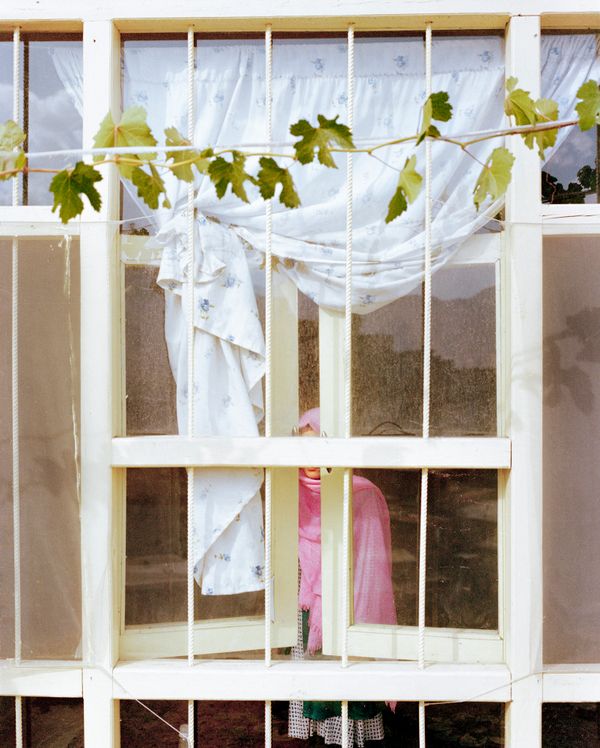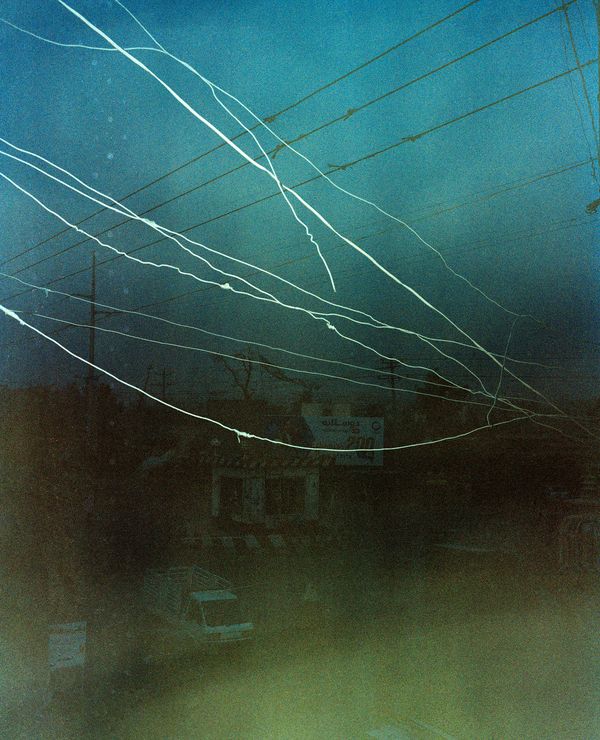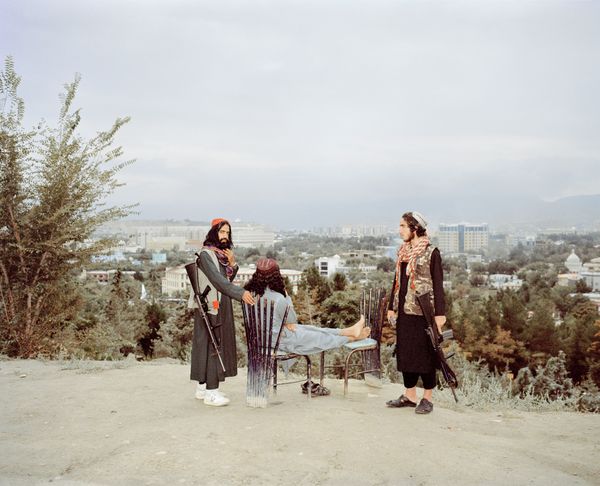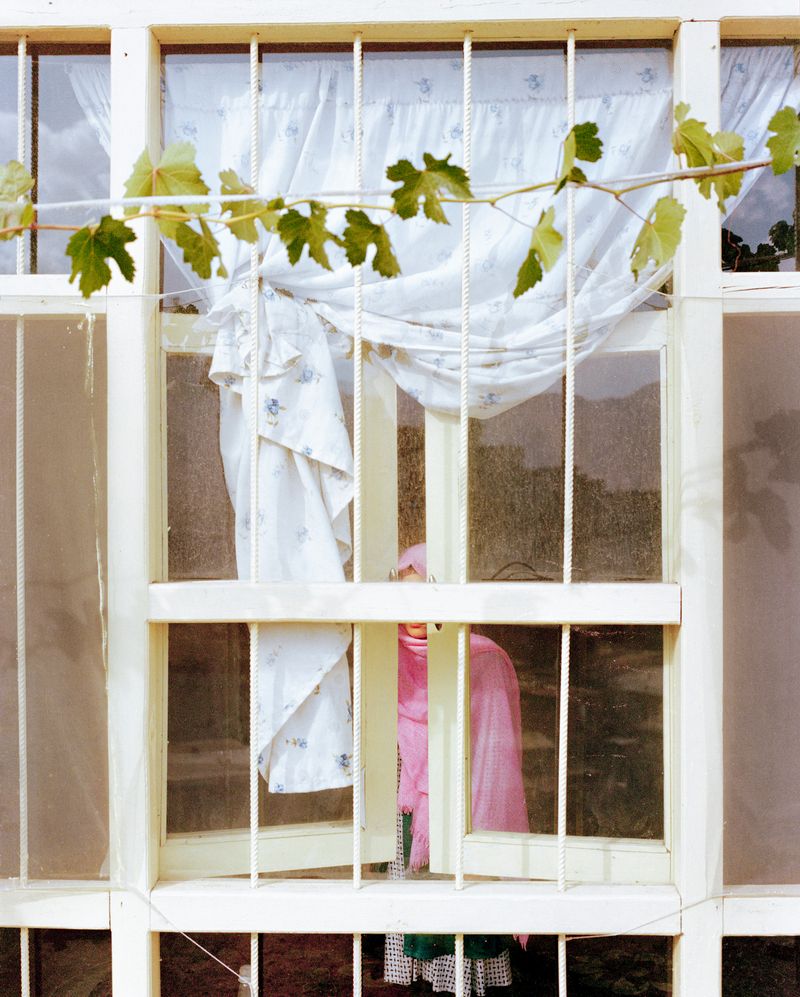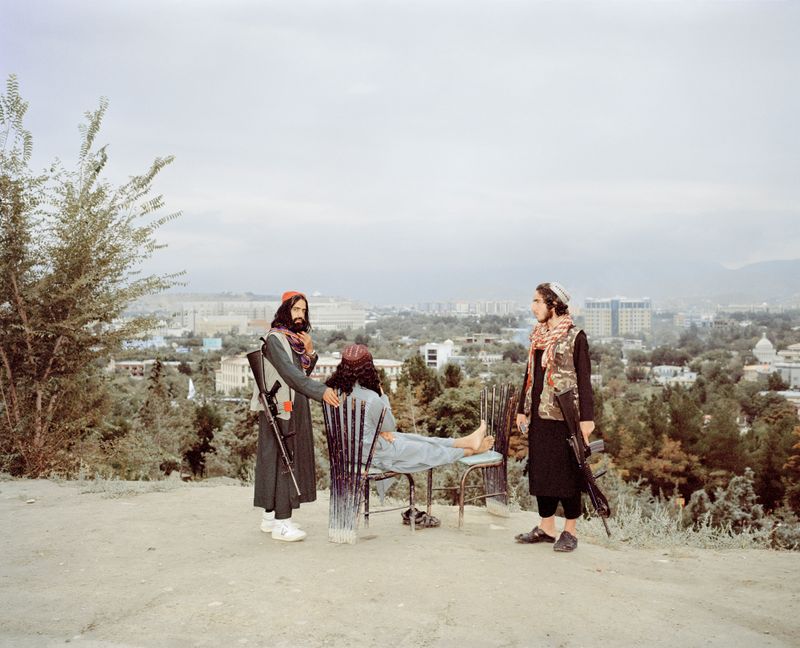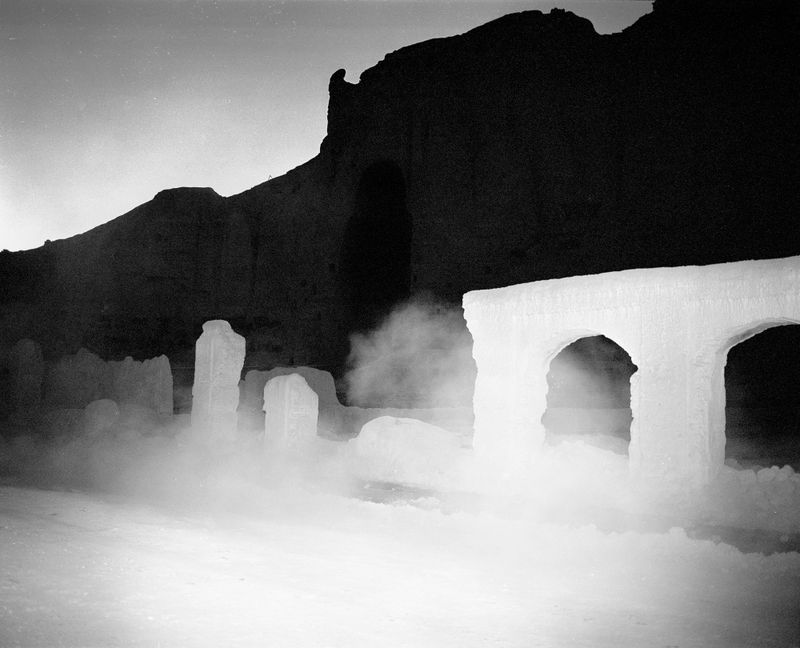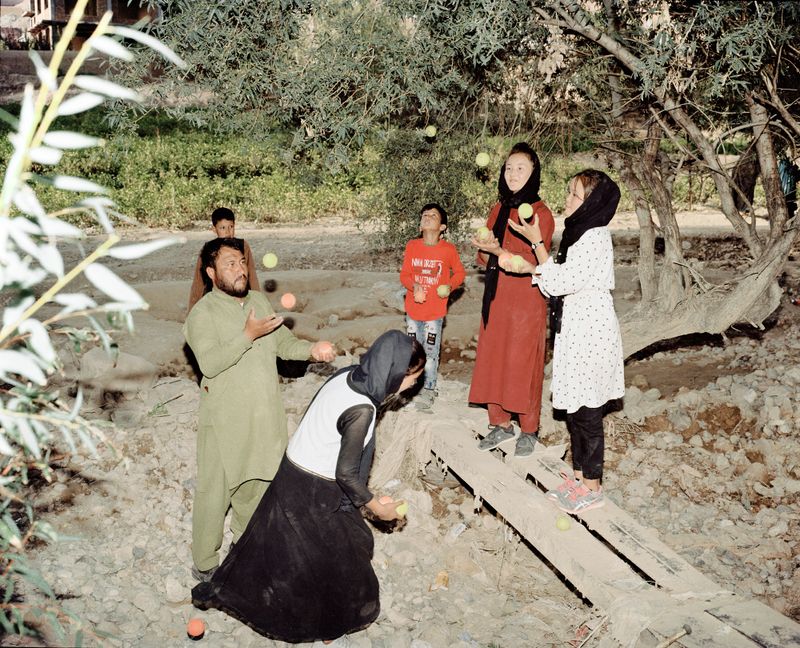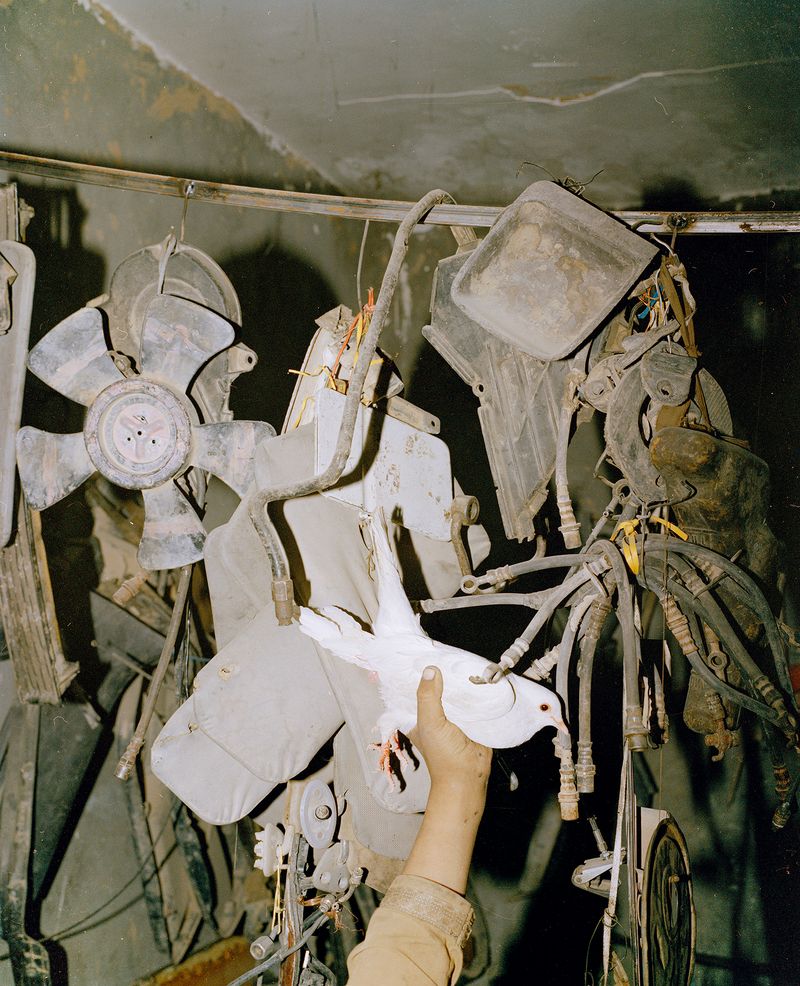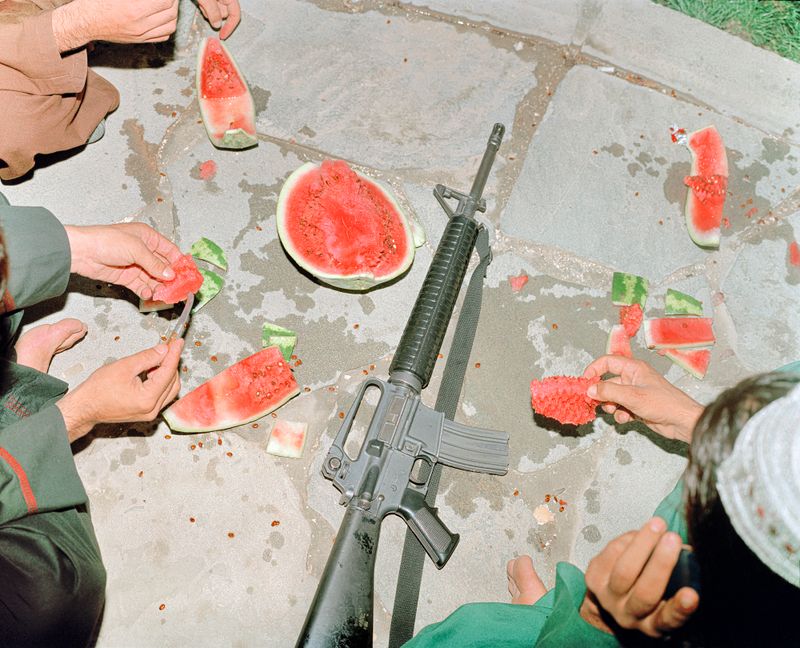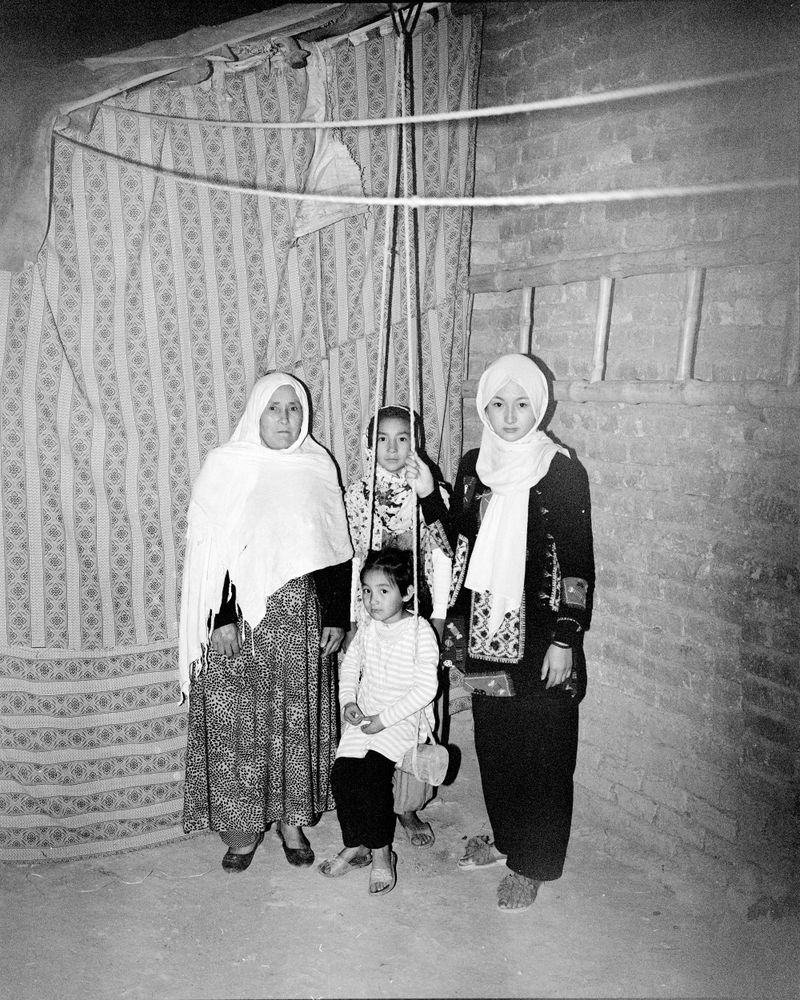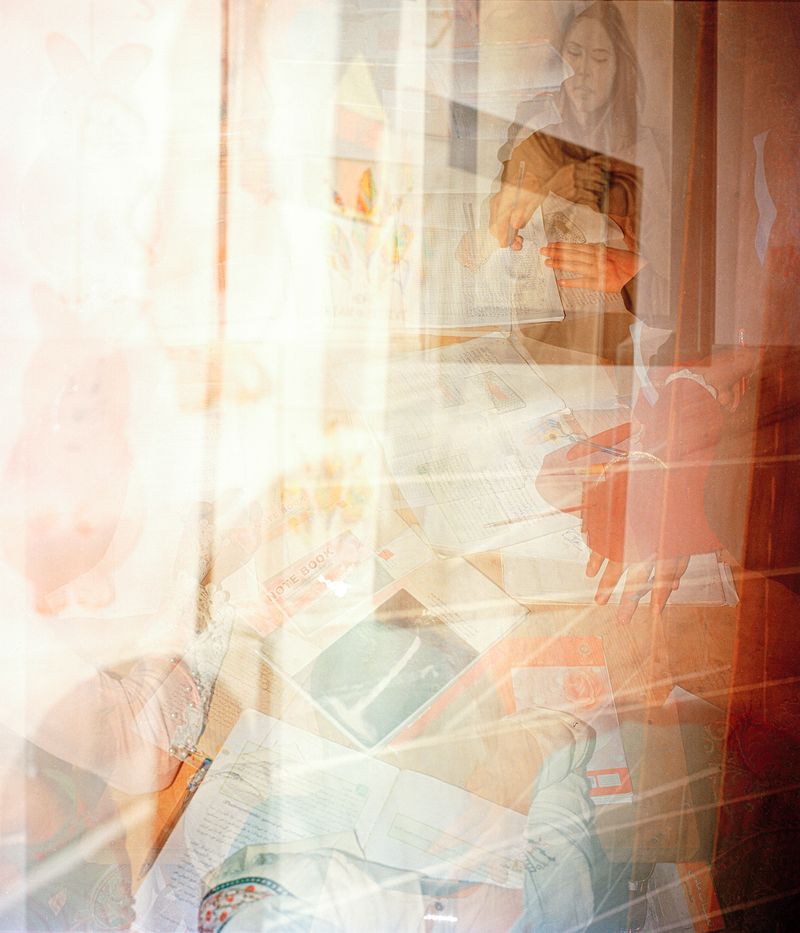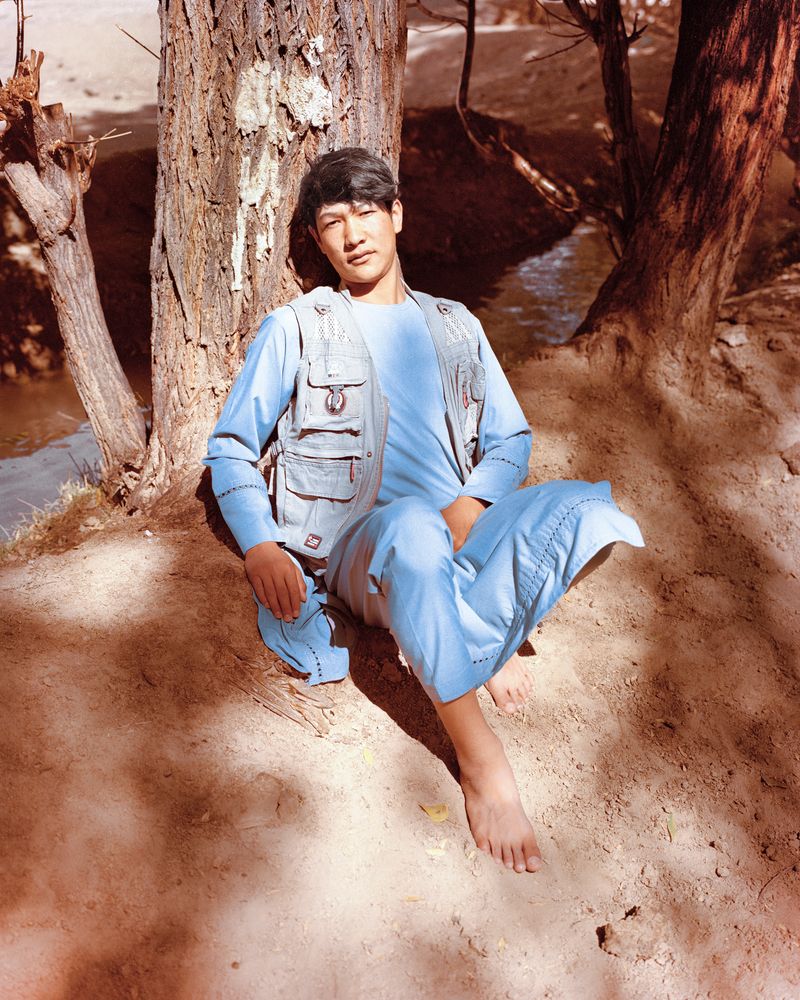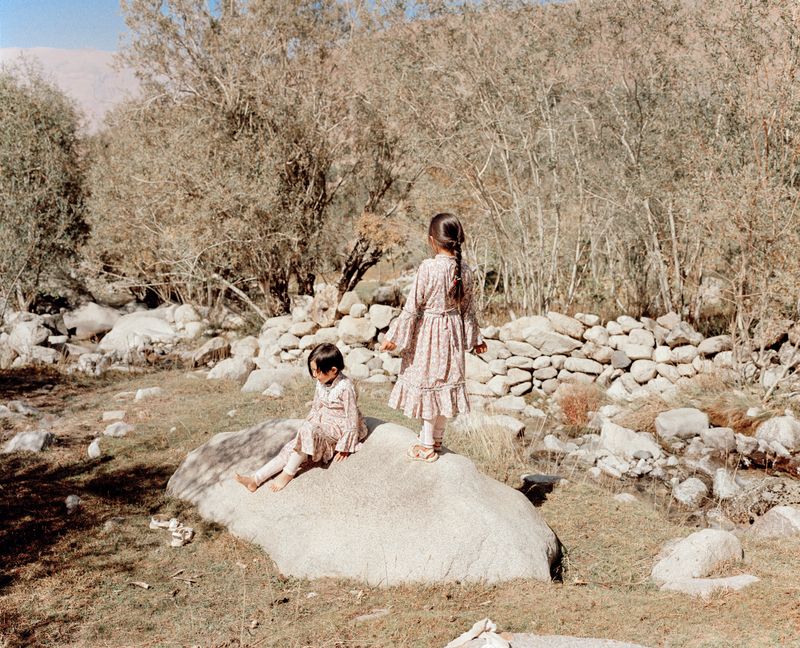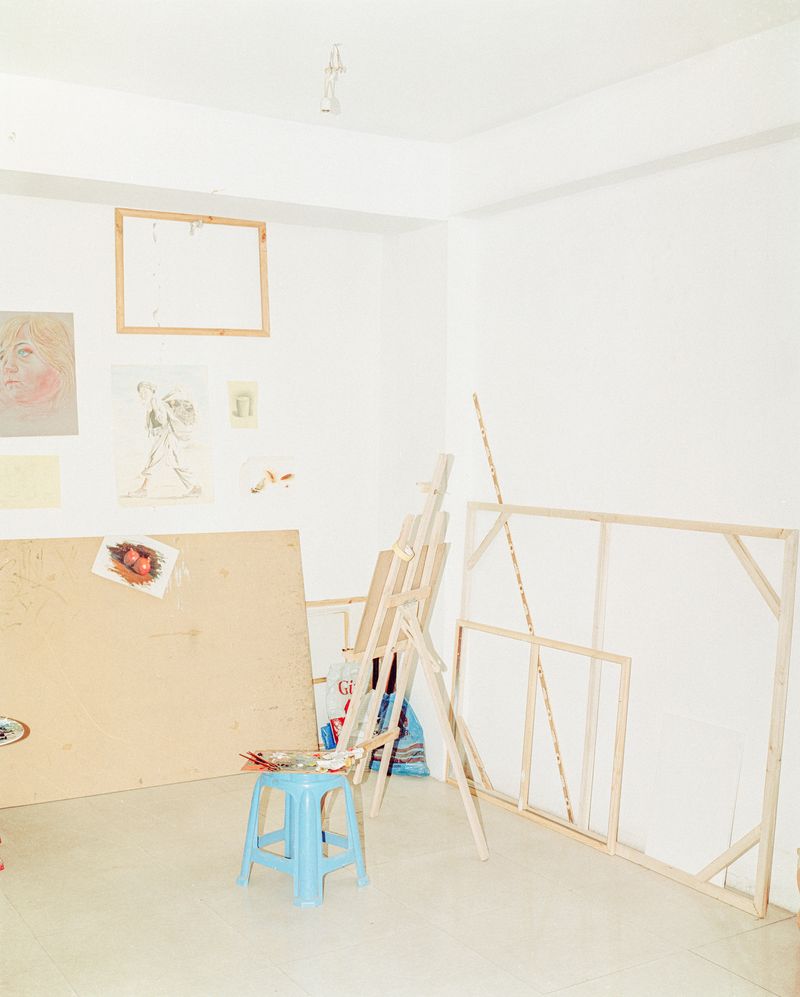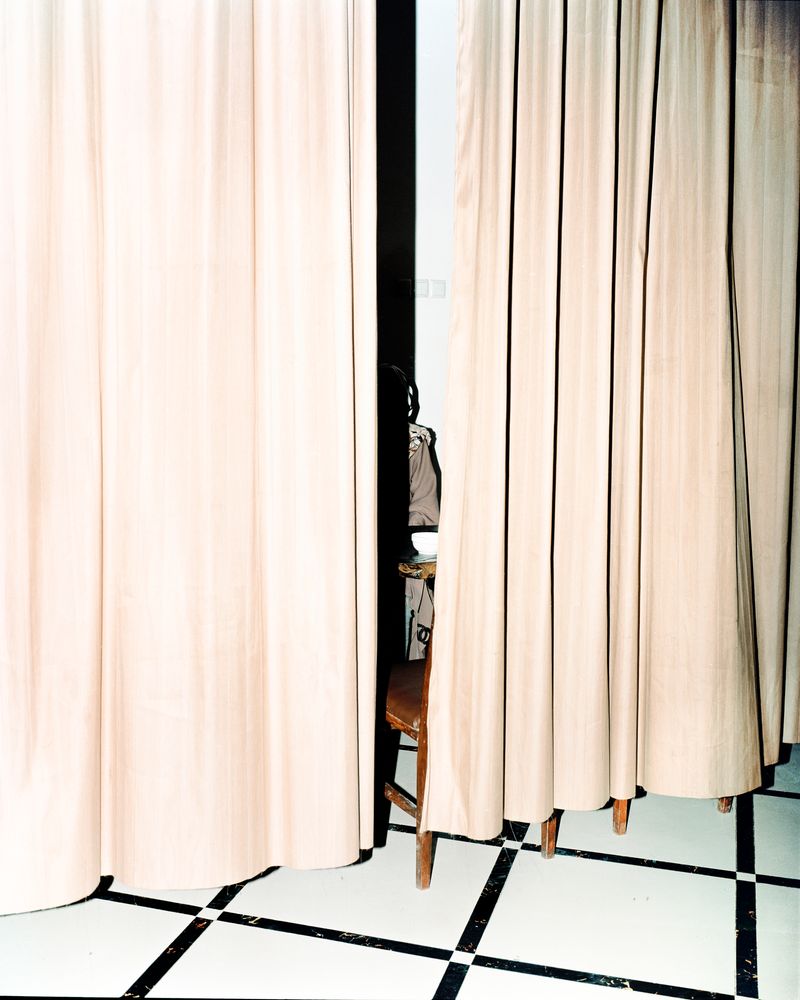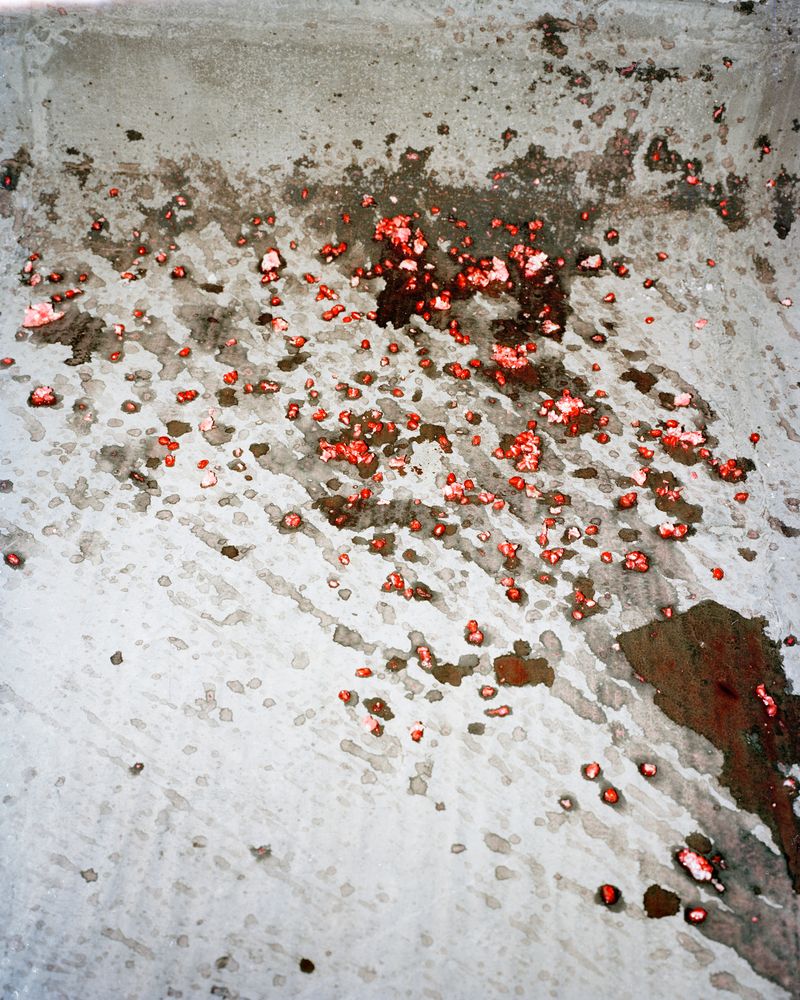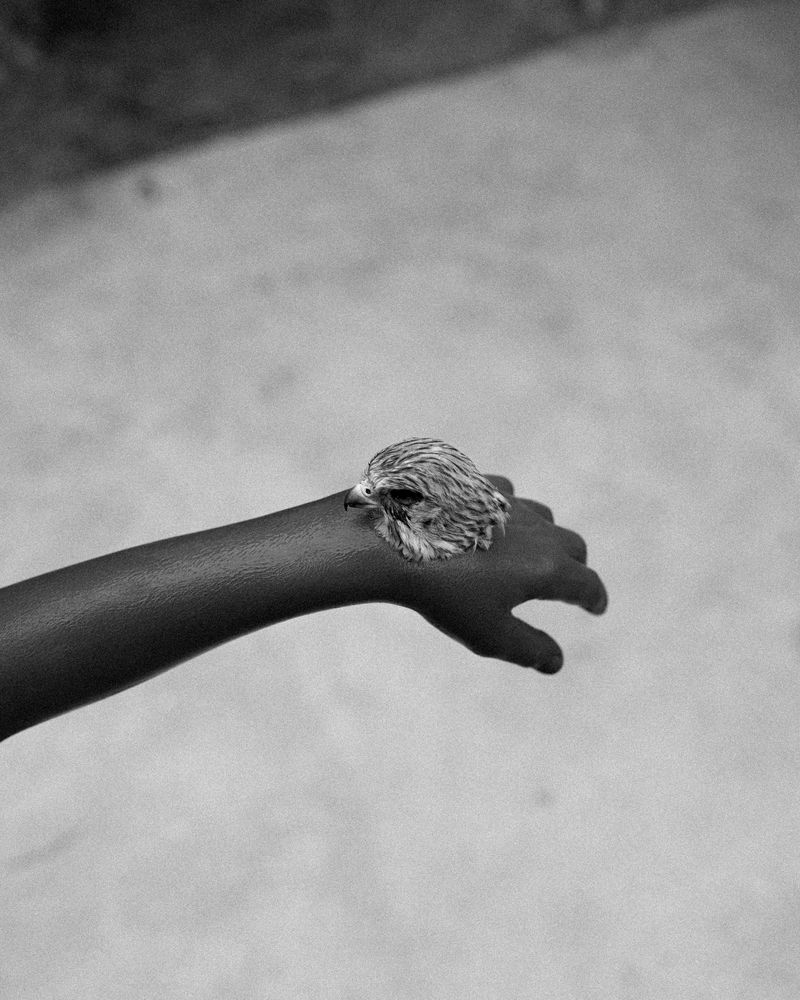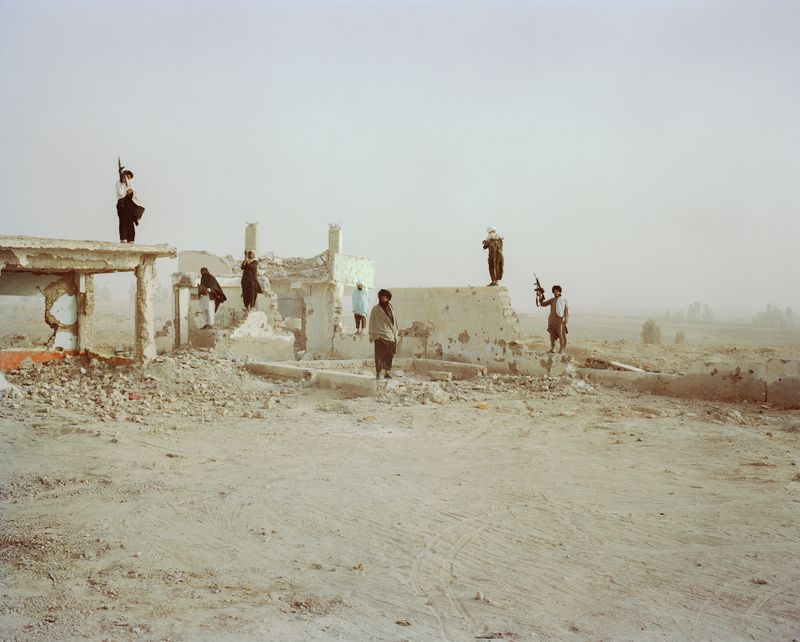Staring into the Abyss
-
Dates2021 - Ongoing
-
Author
- Topics Awards, Contemporary Issues, Daily Life, Documentary, Editorial, Festivals, Fine Art, Landscape, Photobooks, Portrait, Social Issues, War & Conflicts
- Location Afghanistan, Afghanistan
Hashem Shakeri spent months documenting Afghanistan’s daily life post-regime change, capturing its adjustment to the Taliban’s return. His work portrays this transformation with an absurd yet poetic lens, set in an uncertain, fluid atmosphere.
“If you stare into the abyss long enough, the abyss stares back at you.”
Friedrich Nietzsche
The return of the Taliban to power on August 15, 2021, revived the nightmare of living under a reactionary and fundamentalist Islamic government for the people of Afghanistan. Everything changed in an instant, as if an unseen hand had mercilessly torn through the fabric of time, and the order built with effort and hope vanished into a vortex of silence and fear. The plunge back into darkness put the fate of women, ethnic and religious minorities, and the LGBTQIA community in grave danger. What had deep roots was uprooted, what once reached for the sky was buried in the soil, and voices that once rose in defiance were swallowed by silence. Women and young people found themselves facing an uncertain and despairing future, compounded by worsening economic and social conditions that spread a wave of hopelessness across the country and increased the suicide rate among them. Displacement and mass exodus reached record highs, as the resistance, perseverance, and achievements of two decades woven together with the bloodshed of countless battles were wiped out overnight. The boundary between past and future was shattered, and what once held the promise of a bright tomorrow disappeared into the dust of oblivion. Yet, even in the midst of this chaos, something still lives deep within the land, something that continues to pulse in the darkness, something that, perhaps one day, will rise again.
This long-term project focuses on the lives of women and minorities in Afghanistan, profoundly altered under the weight of a regressive, death-driven regime. Through a metaphorical and immersive lens, it explores the harsh reality of oppression, resilience, and an uncertain future. Since the Taliban’s return to power, years of civil and women’s rights activism have been erased. Women have been stripped of political, social, economic, and cultural rights, turning Afghanistan into an open-air prison. Education has been banned, work prohibited, and mobility restricted. Even showing their faces in public is now a crime. Despite global condemnation, the Taliban’s mechanisms of control continue to expand, while the world remains indifferent. Women continue to protest, their voices echoing those of the Women, Life, Freedom movement in Iran, but every act of defiance is met with brutal suppression. Meanwhile, ethnic and religious minorities and LGBTQIA individuals face targeted violence and forced displacement, their very existence under threat.
Since the Taliban regained power, I have traveled across numerous cities in Afghanistan as a completely independent photographer. My goal was not just to be present in that tragic historical moment and turbulent landscape, but, through my camera, to get closer to the people, hear their stories, and deepen my understanding of such a complex, fluid, and ever shifting reality. These photographs serve as historical witnesses to the endless suffering of those who have swung between exhaustion, fear, and despair, but have also, at times, burned with rage, hope, and the determination to rebuild amidst the darkness. I have sought to capture this overwhelming sense of uncertainty and anxiety about the future with a visual language that reflects the ambiguity, suspension, and fluidity of their lived reality.
